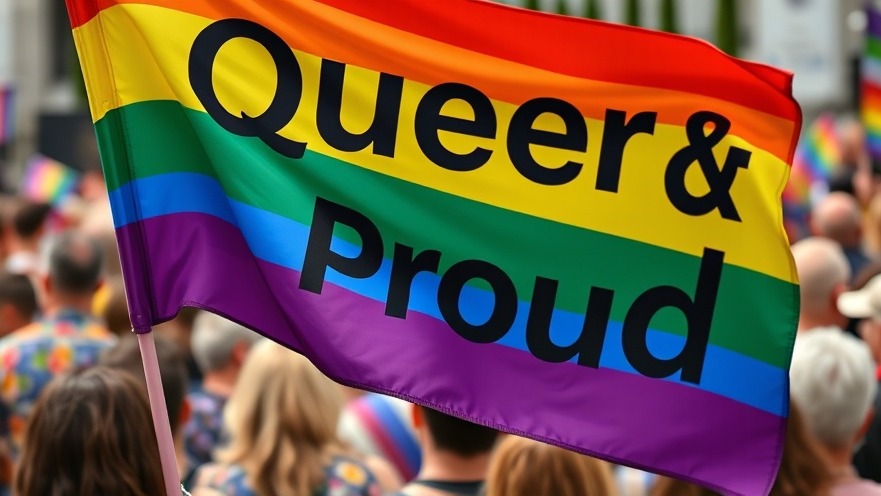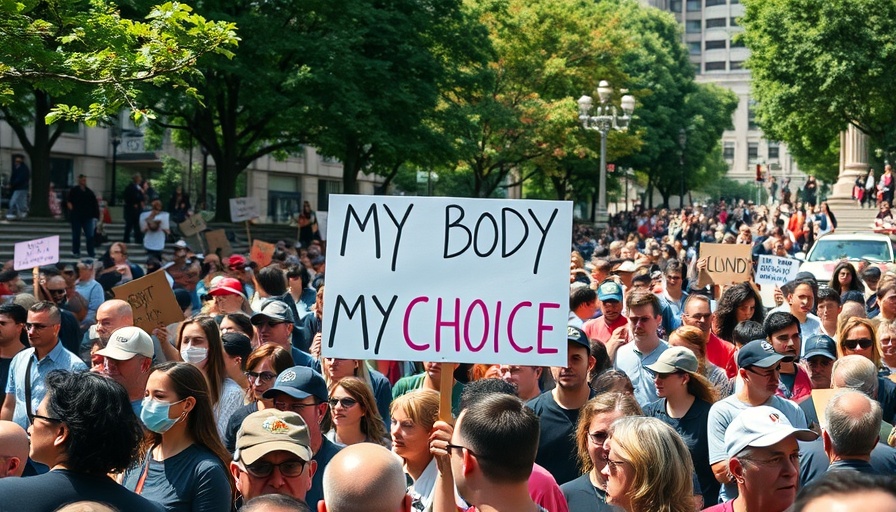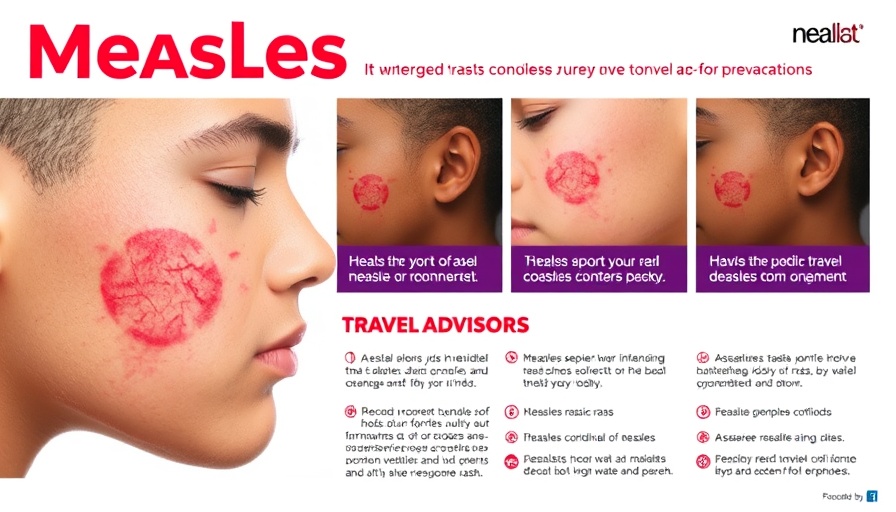
Ensuring Freedom of Expression in Higher Education
A federal judge has made a monumental ruling regarding free speech on campus. Judge Lee H. Rosenthal of the Southern District of Texas declared that Texas A&M University's ban on drag shows is unconstitutional, reinforcing the fundamental principles of the First Amendment. The ruling, issuing just days before the upcoming drag performance 'Draggieland,' signals a robust defense of individual rights within the educational landscape, setting a vital precedent for other universities.
Background: Why Did Texas A&M Implement a Ban?
The decision to forbid drag shows stemmed from a resolution passed unanimously by Texas A&M regents in February, driven by an environment cultivating a crackdown on diversity and inclusion initiatives, specifically during the Trump administration. This movement followed executive orders that called for increased scrutiny on programs promoting equity in education. Advocacy groups like the Foundation for Individual Rights in Education (FIRE) swiftly responded, citing a breach of free speech rights.
The Court's Findings: A Victory for LGBTQ+ Rights
Judge Rosenthal's ruling pointedly addressed the university's motivations, noting that the ban's rationale was based solely on the potential offense it caused to some members of the campus community. This standpoint starkly contradicts the First Amendment, which protects speech that may not align with mainstream values or opinions. Her emphasis on free expression in an educational setting plays a crucial role in promoting a culture of tolerance and acceptance – a cornerstone of democracy.
Community Reaction: Support and Celebration
Following the decision, the Queer Empowerment Council of Texas A&M expressed elation, viewing the ruling as a confirmation of their right to express themselves freely through performance art. 'It's a win for all students at A&M,' they stated, underscoring a larger narrative within campuses nationwide advocating diversity in all its forms. The looming drag show, set to captivate attendees on March 27 at Rudder Theater, now symbolizes not just entertainment but resilience amid adversity.
Broader Implications: Reflecting on Free Speech Trends
This ruling comes at a time when free speech, particularly in educational contexts, is under intense scrutiny. Other institutions may now reevaluate their policies concerning performance arts that reflect LGBTQ+ and diverse identities. Observers note a rising trend in legal battles challenging actions perceived as suppressing free expression, suggesting an inevitable clash between regressive policies and progressive movements.
What Lies Ahead: The Future of Campus Free Expression
As universities navigate an increasingly complex socio-political landscape, the implications of this ruling will likely reverberate in discussions about curriculum, campus events, and student rights. The precedent underscores the importance of safeguarding platforms for marginalized voices within academic institutions, framing natural tensions between varying beliefs in the pursuit of a diverse educational community.
This moment is not merely about one performance but rather represents a shift toward honoring diverse expressions and fostering a respectful environment for all. As students prepare for 'Draggieland,' they embolden each other to embrace who they are without fear of censorship.
Call to Action
Join the conversation on freedom of expression and support upcoming events that champion diversity within your community. Attend performances, engage in discussions, and advocate for inclusivity wherever you can—it’s essential for the future of education and societal harmony.
 Add Row
Add Row  Add
Add 




 Add Row
Add Row  Add
Add 

Write A Comment